When investing in anything its important to understand the numbers, and of course the most important number when it comes to any investment is the ‘Return on Investment’ or ROI as it is commonly referred. With company shares the 2 key returns come in the form of: Share price Growth (Capital Growth) and dividends (share of the profit). When it comes to your investment property/s the story is basically the same. Your ROI is a combination of the Capital Growth (how much the property has increased in value) and the Rent Yield (Rental Income received from the property/s)
Now we are experts in the business of investment properties, not the Share Market, so let’s stick to what we know and leave the share portfolio to your stockbroker or financial planner!
As mentioned, Investment Property Capital Growth is basically the increase or god forbid decrease in the value of the property over a period of time, Typically we would measure this from when you bought the property. As a property investor you have limited control over the market conditions and therefore limited control over the capital growth, but there are some things you can do to ensure maximum capital growth and they are:
- Buy Well! Once you’ve secured the property at a certain price, you cant go back, so make sure you do your homework before buying and buy well. Stick to popular areas with jobs and public transport and you shouldn’t go wrong!
- Maintain the property! Don’t skimp on the maintenance. Keep the property updated and in good condition, because even though the land may increase in value, its important to ensure the dwelling does not significantly decrease and eat into your capital growth.
Remember play the long game. The longer you hold the property the more capital growth you are likely to see.
…… Now lets talk about the Rent Yield!
You would have all heard the term Cashflow is King! Well, this certainly holds true when it comes to your investment property. Investment properties come with ongoing costs, eg Finance costs, regular maintenance costs, insurance, rates, agent fees etc. These costs can be weekly, monthly, or annually and can’t be paid for with Capital Growth. So, the rent yield will cover these costs and hopefully leave you with some extra cash in your pocket. (That would be a Positively Geared Property). Alternatively, if the rent yield falls short of covering all these expenses, you will need to throw in the balance from other sources of income to cover that shortfall. This is very typical in the early years of an investment property. (This is a Negatively Geared Property).
Based on this, I can’t stress enough the importance of ensuring that the rent you charge your tenant is in line with the market. As a managing agent we will review the rents on every property at least annually and at every change of tenancy to ensure our valued investors understand what rent they should be charging. Too often when we start managing investment properties that have either been managed by the owner or an agent who hasn’t done a regular rent review and find that the rent is well below where it should be. This can cost investors thousands over the life of the investment, and it is not easy to then ask for a significant rent increase from that tenant.
We find that if regular rent reviews are done then you are likely to be doing smaller, regular (annual) increases of around $5 – $20 rather than trying to put it up $50 – $100 per week after not doing anything for a few years and letting the market get away from you.
We hear a lot of owners when we suggest a small increase say things like “no that’s ok they are a great tenant and we don’t want to upset them” This is a very kind sentiment no doubt, but a small increase is in most cases fair and reasonable, and remember your creditors, the banks, insurance companies, councils etc aren’t going to be too concerned about you when they put their fees up. Its called inflations and its inevitable, so be ahead of the game and ensure you are charging market rent, most good tenants will understand. Its when you try for the big increase after years of letting it be that you are more likely to upset the tenant.
So in Summary, Rent Yield is a big part of your ROI so make sure it is reviewed regularly (at least annually and between tenancies) Look to do smaller regular adjustments and you can be confident you will keep in line with the market and move closer to a position of positive cashflow.
NB Its always difficult to justify rent increases if you are not attending to maintenance issues. As an investment property owner its imperative to keep your investment maintained to a high standard, and if you do you will be rewarded with a higher rent yield!!
Hope this Helps.
Lee Waterhouse
Property Investor
General Manager
Property Central – Penrith & Mulgoa

